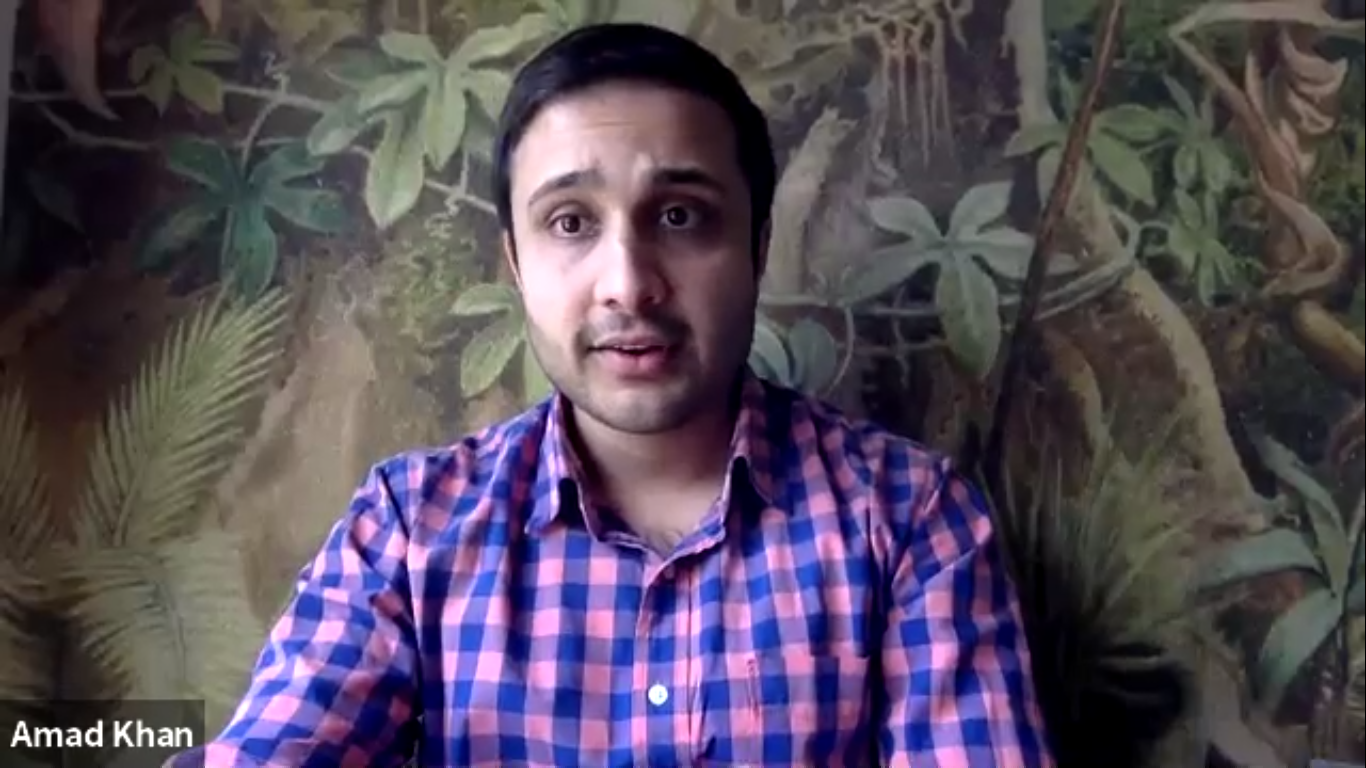
Aspiring doctors often think about getting accepted to a renowned medical programme as the end goal. However, this changes soon after medical school begins as they start realising that this is just the beginning. A crucial part of the journey, residency training, actually occurs after obtaining the degree.
Most people have some general knowledge regarding what residency entails. Perhaps from a family member, distant relative or alumni from their medical school. Despite that, one can never be too sure and the fear of the unknown always lurks, especially regarding surgical residency. And so, on 11th July, SIG held “Life as a Surgical Resident” to shed some light on this and help medical students understand what to expect.
The panel consisted of residents from Pakistan, Australia, the United Kingdom and the United States, to allow students to be able to gain a more holistic understanding of training and the differences, enabling them to make an informed decision regarding their future. The speakers, Dr Ahmad Bashir, Dr Amad Khan, Dr Sarosh Sohail, Dr Yasir Rasheed and Dr Anum Awais, talked about the life of a surgical resident, its challenges, and the work-life balance.
A quote that was repeated several times during the discussion was,” Surgery is a lifestyle,” by Dr Enam Pal, which struck a chord with these aspiring surgeons. They stressed on the significance of following your passion and staying true to yourself rather than taking the default pathway to take the USMLE and opt for Internal Medicine, just because you think it might be easier. The panelists talked about a day in the life of a surgical resident. The diversity of responses, ranging from different country policies, institutions and personal preferences, enabled the participants to get a full picture of the different possible experiences in surgery residency. While it is tough, it was emphasized by the panelists, if you want it, you WANT it and if you truly love it, you’ll enjoy it, no matter how difficult it is.
What about managing personal life alongside surgery residency? How do they do it? How are we supposed to do it? A practical approach, setting priorities and often making compromises is the key, according to the panelists. Using their personal experiences, they stressed on the importance of being a good spouse and dedicated parent after a long day at work. Try to do the little, meaningful things to make whatever little time you have with them, truly memorable. They also encouraged participants not to look at 12 hour shifts or 100 hours per week as a reason to hold off starting a family, but to simply try to organise their time in such a way that they could do justice to their various roles. And while that may seem tricky to some people, Dr Yasir assured participants that surgical residency would teach them how to organise their time wisely.
Family support was pivotal in the journeys of these aspiring young surgeons. Talking about mental health and physician burnout, they highlighted how having a support system that one could lean on, was vital. Again, the different experiences helped students gain more insight into the different coping mechanisms that could be used to care for mental health in some of the toughest residencies. Living alone is not a disadvantage, as long as that social support system prevails, according to one panelist, ‘I used to Facetime every day!’
Towards the end, the panelists helped participants understand how COVID-19 is affecting surgical residency for International Medical Graduates – advantages and disadvantages, as well as an introduction to residency in Australia, which is not as popular yet. One of the panelists joked,” We are very open to taking foreigner medical graduates,” in regard to pursuing residency in Pakistan. This was followers by an in-depth discussion about residency at AKU, highlighting its advantages and drawing comparisons with international programmes. Improving training and better policies in terms of pay and working hours has made residencies in Pakistan a great opportunity for students to pursue in future.
With its competitiveness, extremely long and often unpredictable working hours, coupled with the incredible workload, surgical residency is undeniably a difficult path to pursue. And yet, many determined doctors choose this path every year. This talk allowed participants to get an insider’s view, clearing many commonly held misconceptions, motivating them and making them better equipped to make decisions regarding their future.
The recording of the talk is available here.
